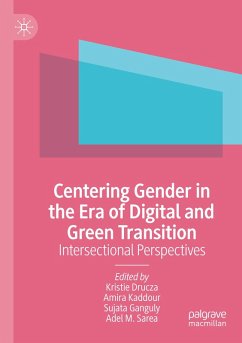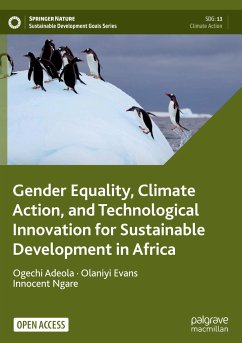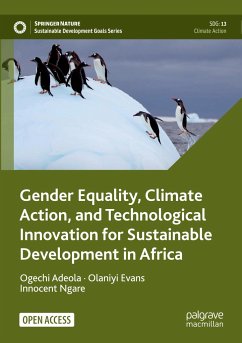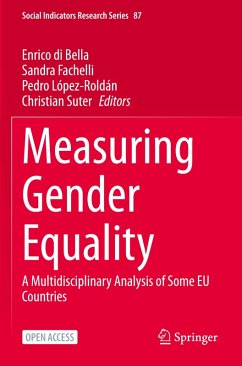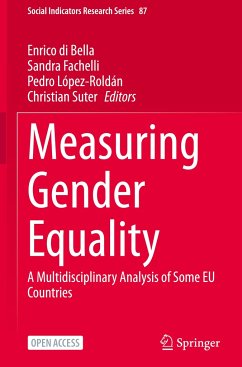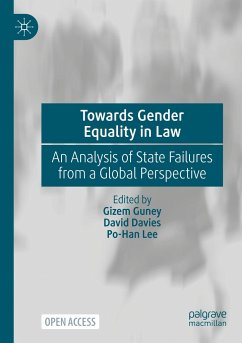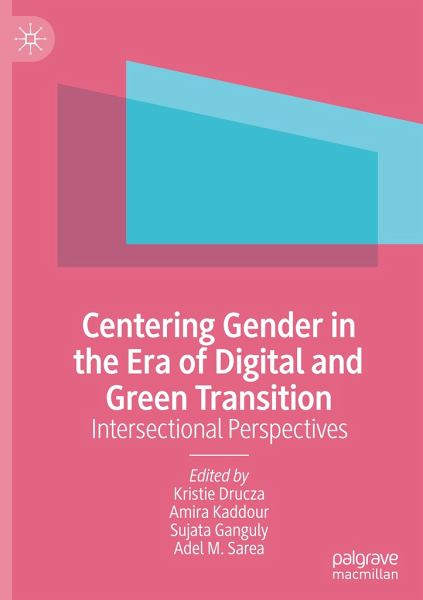
Centering Gender in the Era of Digital and Green Transition
Intersectional Perspectives
Herausgegeben: Drucza, Kristie; Kaddour, Amira; Ganguly, Sujata; Sarea, Adel M.
Versandkostenfrei!
Versandfertig in 6-10 Tagen
98,99 €
inkl. MwSt.

PAYBACK Punkte
49 °P sammeln!
This edited volume examines the importance of centering gender in research and policymaking focused on climate change, environmental sustainability, and digital technology. Chapters unpack how the transition to a green and digital future affects various fields and industry sectors including STEM, agriculture, and energy, as well as why gender-transformative approaches-particularly the production and analysis of gender-inclusive disaggregated data-should be included in those transitions. The editors and authors also look at the positive impact of these considerations on economic growth and pove...
This edited volume examines the importance of centering gender in research and policymaking focused on climate change, environmental sustainability, and digital technology. Chapters unpack how the transition to a green and digital future affects various fields and industry sectors including STEM, agriculture, and energy, as well as why gender-transformative approaches-particularly the production and analysis of gender-inclusive disaggregated data-should be included in those transitions. The editors and authors also look at the positive impact of these considerations on economic growth and poverty eradication. Finally, this book presents an ideal/utopian view of what a gender-equal and inclusive world that has transitioned to green industries and embraced digital technologies might look like.
This book will be of interest to scholars, researchers, students and policymakers across the Social Sciences including Sociology, Anthropology, Gender Studies, Science & Technology Studies, and Economics.
This book will be of interest to scholars, researchers, students and policymakers across the Social Sciences including Sociology, Anthropology, Gender Studies, Science & Technology Studies, and Economics.





